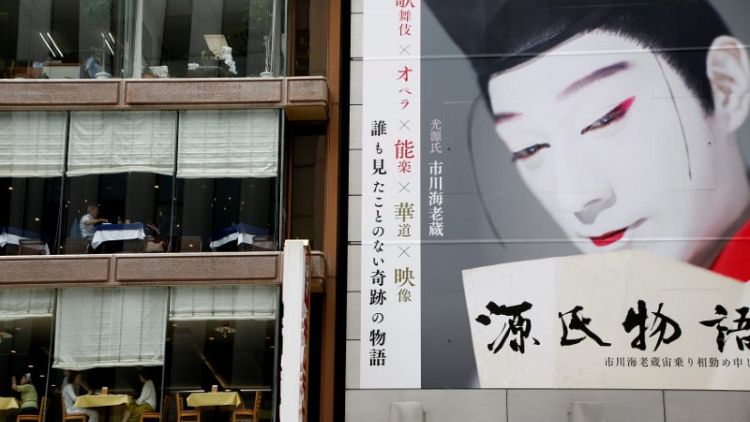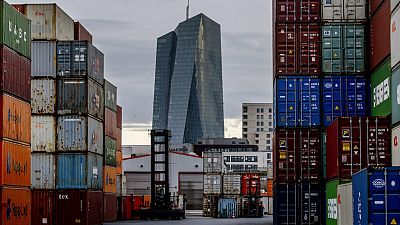TOKYO, Oct 3 (Reuters) - Japan's services sector grew at its slowest pace in two years in September due to heavy rains, flooding, and earthquakes, a private survey showed on Wednesday.
The Markit/Nikkei Japan Services Purchasing Managers Index (PMI) fell to 50.2 on a seasonally adjusted basis from 51.5 in August.
The index just barely held above the 50 threshold that separates expansion from contraction, the 24th consecutive month of growth albeit the weakest rate in this period.
In September, new business slowed, and some panellist mentioned that their companies were affected by an earthquake on Sept. 6 that caused a power outage in the northern island of Hokkaido.
"The services sector ended Q3 on a rather disappointing note, with the headline PMI dipping to a two-year low and signalling only a marginal rate of growth in business activity," said Joe Hayes, economist at IHS Markit, which compiles the survey.
The composite PMI, which includes both manufacturing and services, also fell to a two-year low of 50.7 from 52.0 in August.
Businesses in Hokkaido have already resumed operations, meaning the slowdown in services activity is likely to be temporary.
Indeed, business confidence remained solid, and planned new store openings, sales promotions and forecasts of economic growth supported optimism in September, the survey showed.
A tight labour market and gradually rising wages are likely to support future consumer spending, which should contribute to a healthy expansion in services companies, economists say.
That should provide some comfort as a separate manufacturing survey earlier this week indicated emerging stress for factories amid growing concern about global trade protectionism and a hit to exports, even though actual activity expanded at a steady pace.
Reporting by Stanley White
Editing by Shri Navaratnam;
stanley.white@thomsonreuters.com; +81 3 6441 1984 twitter.com/stanleywhite1; Reuters Messaging: stanley.white.reuters.com@reuters.net



